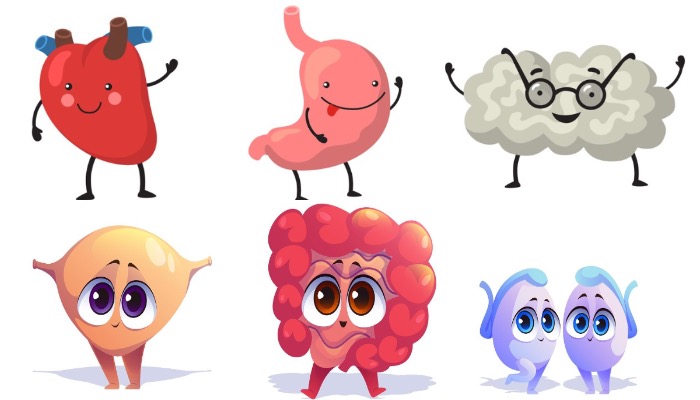Eggs are a nutrient-rich food, packed with essential vitamins, minerals, and high-quality protein. Here are the key nutritional facts about eggs:
- Calories and Macronutrients
- A large egg (50 grams) contains approximately 70-80 calories.
- Provides 6-7 grams of high-quality protein, including all nine essential amino acids.
- Contains about 5 grams of fat, including healthy omega-3 fatty acids.
- Low in carbohydrates, making it suitable for low-carb and ketogenic diets.
- Vitamins
- Vitamin B12: Supports nerve function and red blood cell production.
- Vitamin D: Promotes bone health and boosts immunity.
- Vitamin A: Essential for vision and immune function.
- Vitamin E: Acts as an antioxidant, protecting cells from damage.
- Folate: Important for cell growth and development, especially during pregnancy.
- Minerals
- Selenium: An antioxidant that protects cells and supports thyroid function.
- Choline: Vital for brain development, liver function, and nervous system health.
- Iron: Helps in the production of hemoglobin and oxygen transport.
- Zinc: Supports immune function and wound healing.
- Antioxidants
- Egg yolks are rich in lutein and zeaxanthin, which promote eye health and reduce the risk of age-related macular degeneration.
- Cholesterol
- A large egg contains about 186 mg of cholesterol.
- Moderate egg consumption does not significantly impact heart disease risk in healthy individuals.
- Eggs can improve “good” HDL cholesterol levels.
- Health Benefits
- Supports muscle repair and growth due to high protein content.
- Aids in weight management by providing satiety.
- Stabilizes blood sugar levels, making it a good option for diabetics.
- Versatility
- Eggs can be prepared in various ways (boiled, scrambled, poached) and are an affordable, nutrient-dense food.
In summary, eggs are a powerhouse of nutrition, offering a perfect balance of protein, healthy fats, vitamins, and minerals. Including eggs in your diet can significantly contribute to overall health and well-being.











